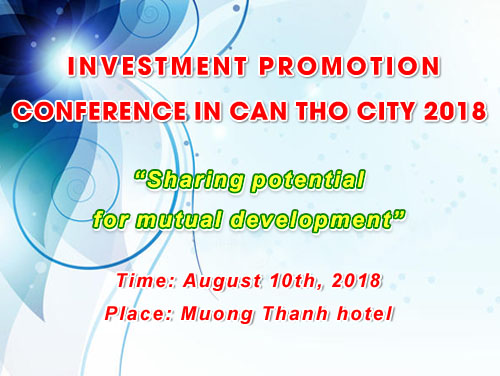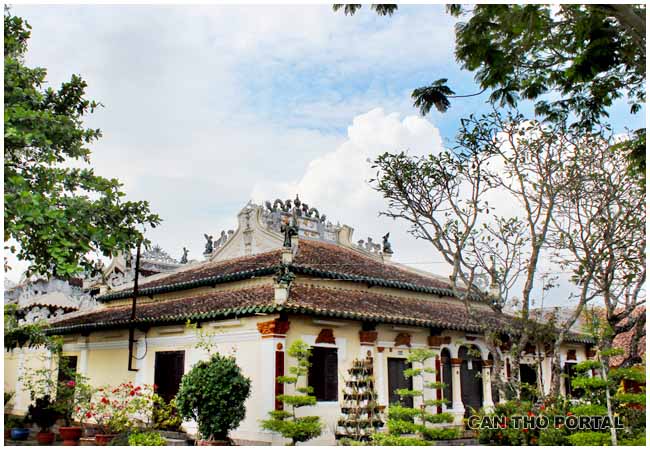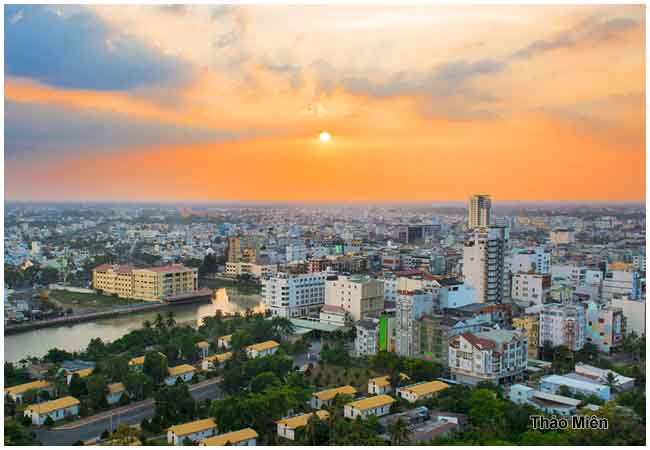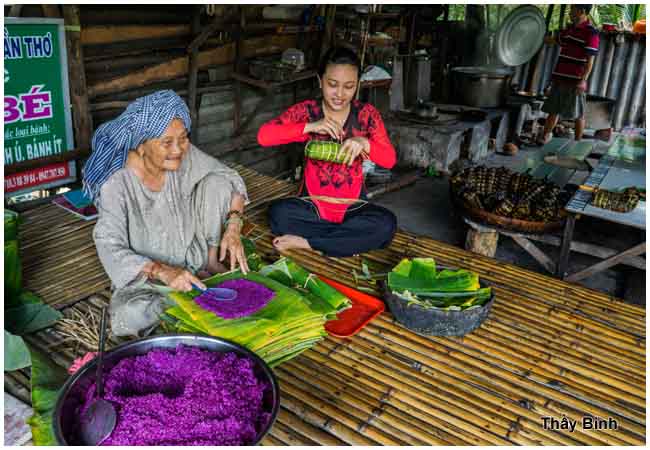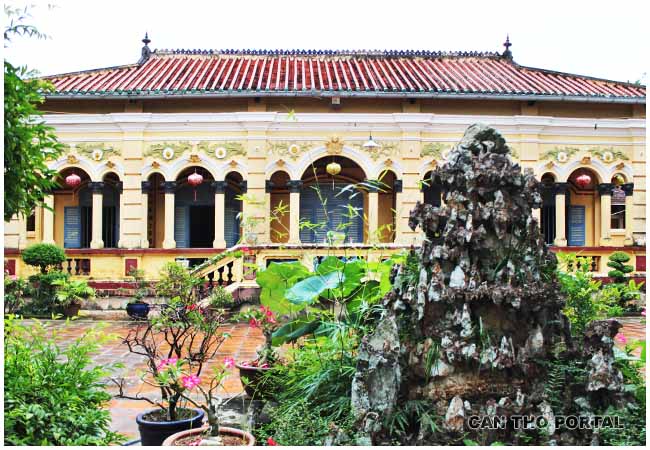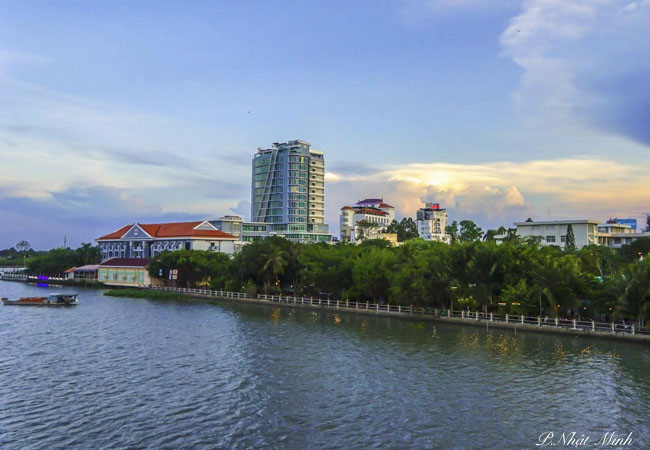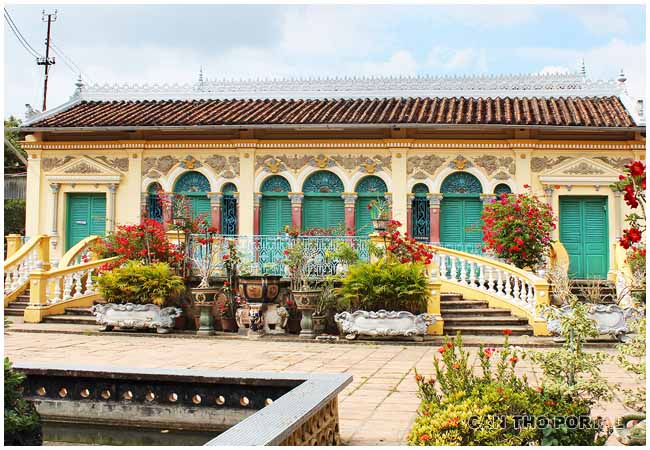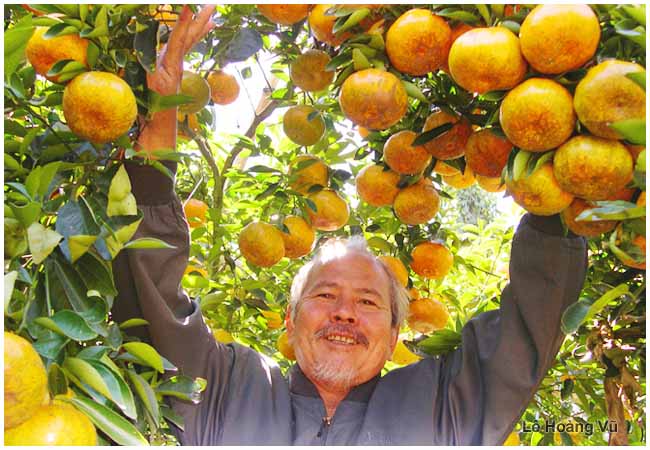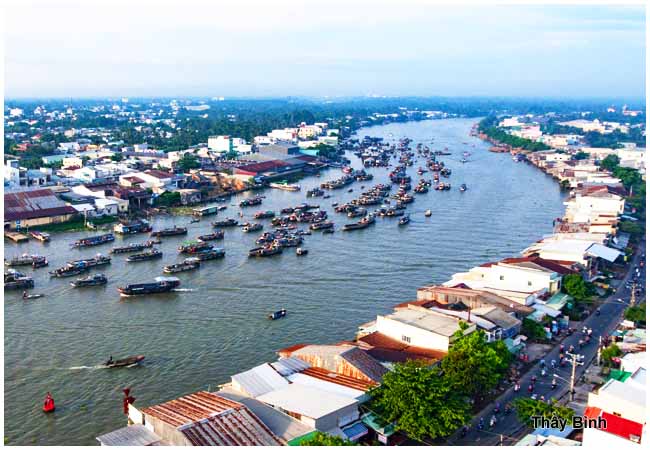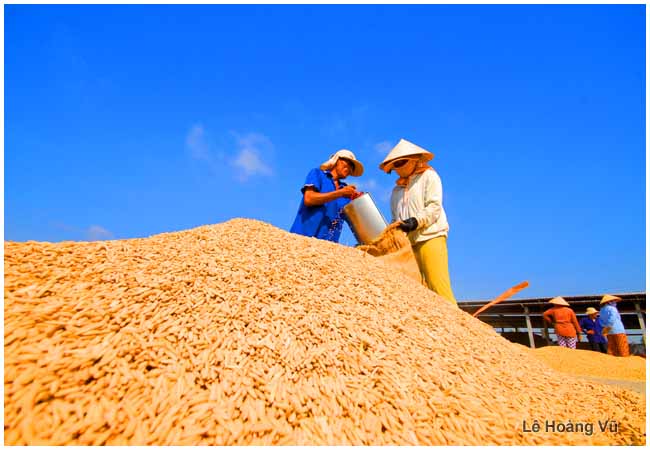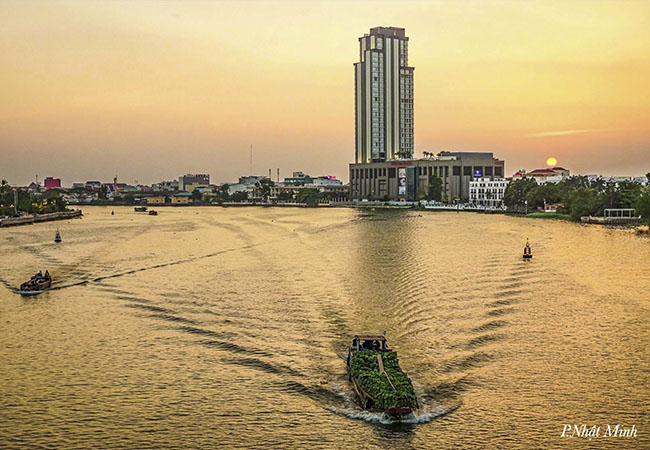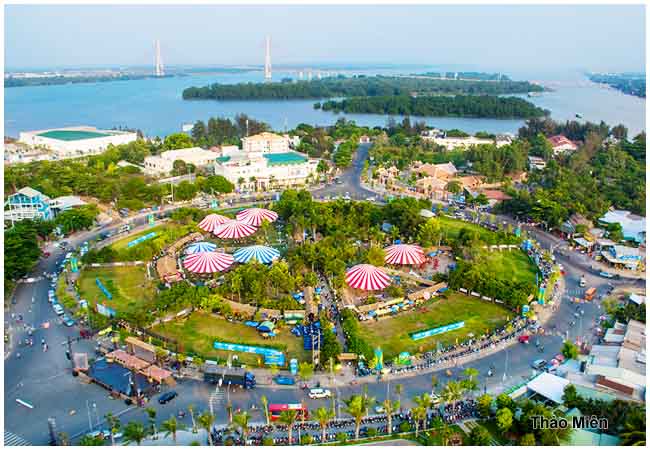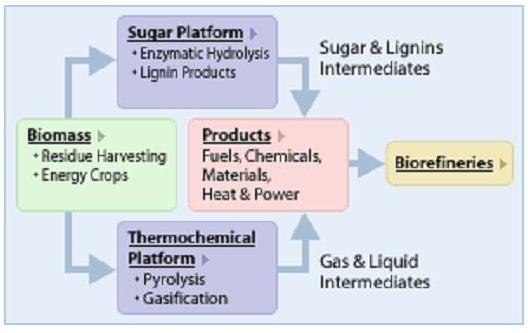
According to Mr. Tran Ngoc Nguyen, Director of Can Tho Science and Technology Department, the concept “biomass technology” is still not popular in Vietnam. Although it starts to develop, the commercialization process is still limited. Typically, in some rural areas, it is easy to find biogas digester models that utilize livestock shit to convert into gas used in household cooking. Meanwhile, we have not found the technology to recycle effectively wastes from cities and industrial zones. This causes the waste treatment be more costly wastes the materials resources.
Mr. Nguyen Khanh Toan, Head of the Technology Transfer Department, Hoa Lac Hi-Tech Industrial Zone, Ministry of Science and Technology, explained that the biomass contains chemical energy; solar energy is accumulated in plants by the process of photosynthesis. The biomass is the wastes from agricultural products, such as rice husk, sugar-cane husk, corn and wastes from forest, such as dried leaves, sawdust, waste paper, methane from landfills, and shit from the livestock. The biomass can be burned to covert into energy, change into liquid fuels as methanol, ethanol used in inside engine or turn into biogas for the demand of energy using in the household.
Mr. Alex Mathew, Director of BESI, said that the United Stated is a pioneer and the most successful country in the world in the field of biomass energy. This begins from the awareness that biomass energy is a renewable one, biomass is distributed steadier in the surface of the earth than the others (fossil fuels) and it can be exploited without expensive modern complicated technology. It creates a change for the locals, areas in over the world to ensure the energy resources indecently. This is also a way to replace the fossil fuels in order to improve the severe climate change in the world. Moreover, it creates jobs for labor source in the countryside.
For example, in 2015, the cellulosic bio-fuel company was officially operated in Nevada, Iowa. This is a biggest one in the world with the capacity up to 30 million gallon of clean energy each year, providing 90 percent deduction in greenhouse gas emissions in comparison with that of petrol. In addition, developing biomass helps the US create millions of direct occupation. With these experiences, BESI expects to support Vietnam, at first in the Mekong Delta to develop biomass. The especial point of the cooperation is that BESI will send experts to Vietnam to develop waste treatment systems into clean energy with the criteria of using 80 percent of domestic raw materials, 20 percent imported from the US with BESI standards. This will save the machine production costs as well as recycle the local.
However, to gain benefits of cooperation between the two sides in developing biomass technology, Mr. Alex Mathew proposed that Vietnamese government need a general plan. At first, there is a need for harmonious coordination among ministries, departments and organizations to outline the national policies for biomass and renewable energy. In addition, there are communication programs to raise the awareness of people in the importance of using biomass.
Vietnam in general, the Mekong Delta in particular, has had a huge biomass potential energy because Vietnam has nearly 80 percent popular living in the countryside where biomass energy is abundant. Moreover, Vietnam is an agricultural country so the sources of wood, straw, rice husk, corrupted leaves and wastes from agricultural production are very rich. On a national scale, the amount of energy from wood is about 75-80 million tons per year, equivalent to 26-28 million tons of oil per year. Biomass energy from straw, rice husk, grass, leaves, sawdust and other agricultural wastes is about 30 million tons per year equivalent to 10 million tons of oil per year. In addition, biomass energy from household solid wastes is about 0.103 million tons per year. From abundant materials, we have many changes to develop biomass energy to replace non-renewable one. This solves the problem of wastes, is economically and friendly with the environment, and satisfies with the criteria of sustainable development.
Source: VNA - Translated by Minh Loan




